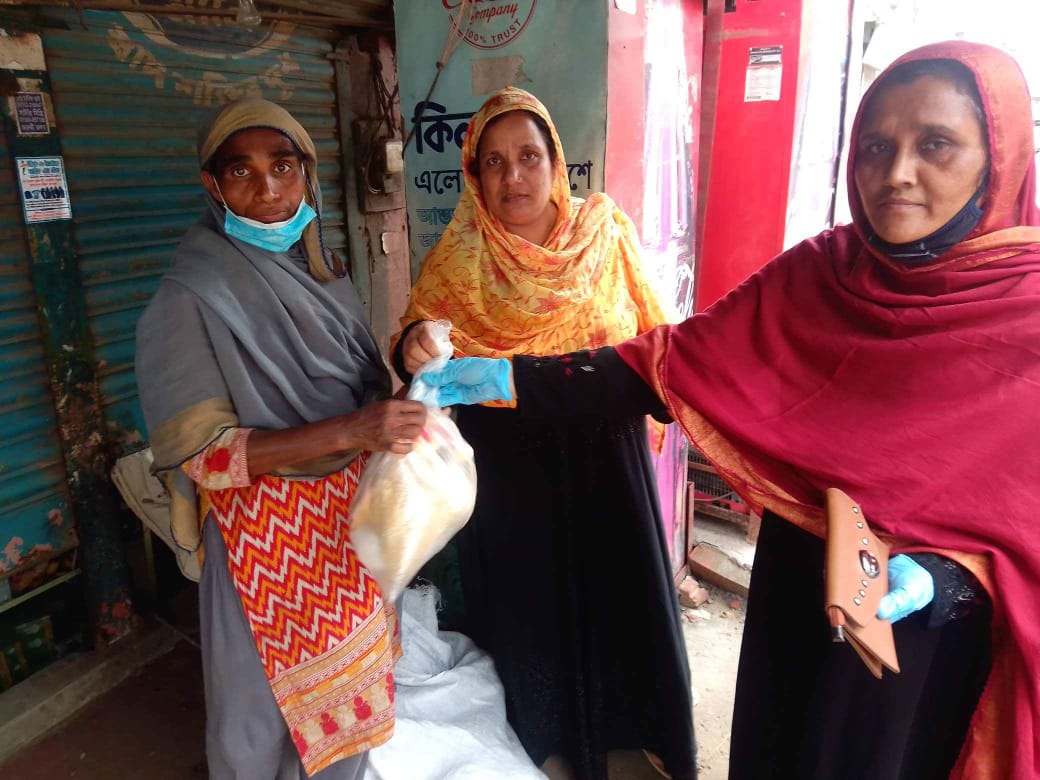When the Nigerian government sought to raise taxes on basic goods and decrease subsidies on key items like fuel as millions of workers struggled without jobs or wages during the COVID-19 pandemic, the 4 million members of the Nigerian Labor Congress (NLC) successfully...
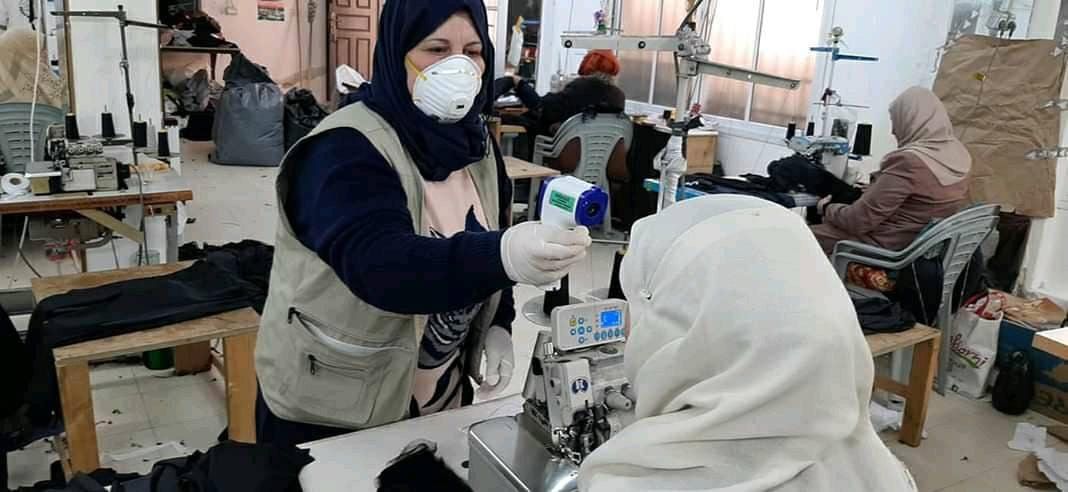
During the COVID-19 pandemic, members of the Palestinian General Federation of Trade Unions, a Solidarity Center partner, tested workers for fever. Credit: PGFTU
Morocco Garment Factory Disaster Results from Supply Chain Demands
A 14-year old girl was among the 28 garment workers killed in a factory disaster in Tangier, Morocco, this week. Her mother says she had worked at the factory, an illegal sweatshop, for three years. The workers were drowned or electrocuted after a flood caused a short...
Solidarity Center Workers’ Empowerment Project in Bangladesh Pivots in COVID-19 Crisis
As garment factories shut down in Bangladesh during the novel coronavirus pandemic, leaving workers without wages or access to support services, unions and Worker Community Associations (WCAs) around the country rapidly shifted to address the crisis, with Worker...
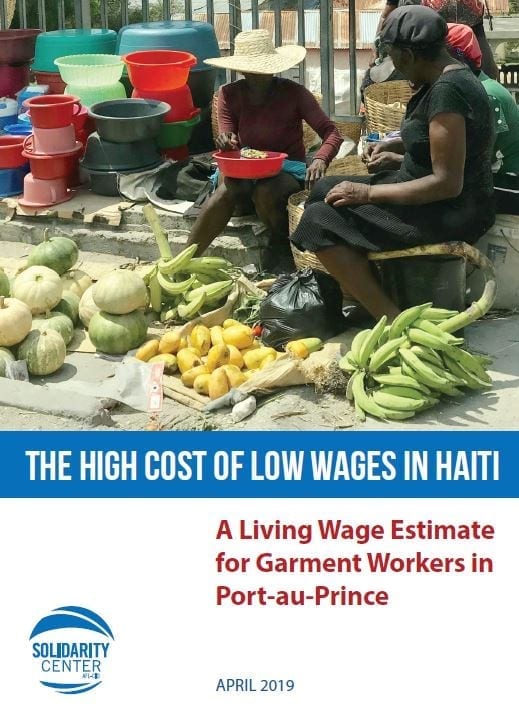
The High Cost of Low Wages in Haiti (2019)
Haitian garment workers face increasing difficulty in covering basic expenditures as prices soar while wages hover far below the cost of living. Download here in Creole. Download here in English. Download here in French.
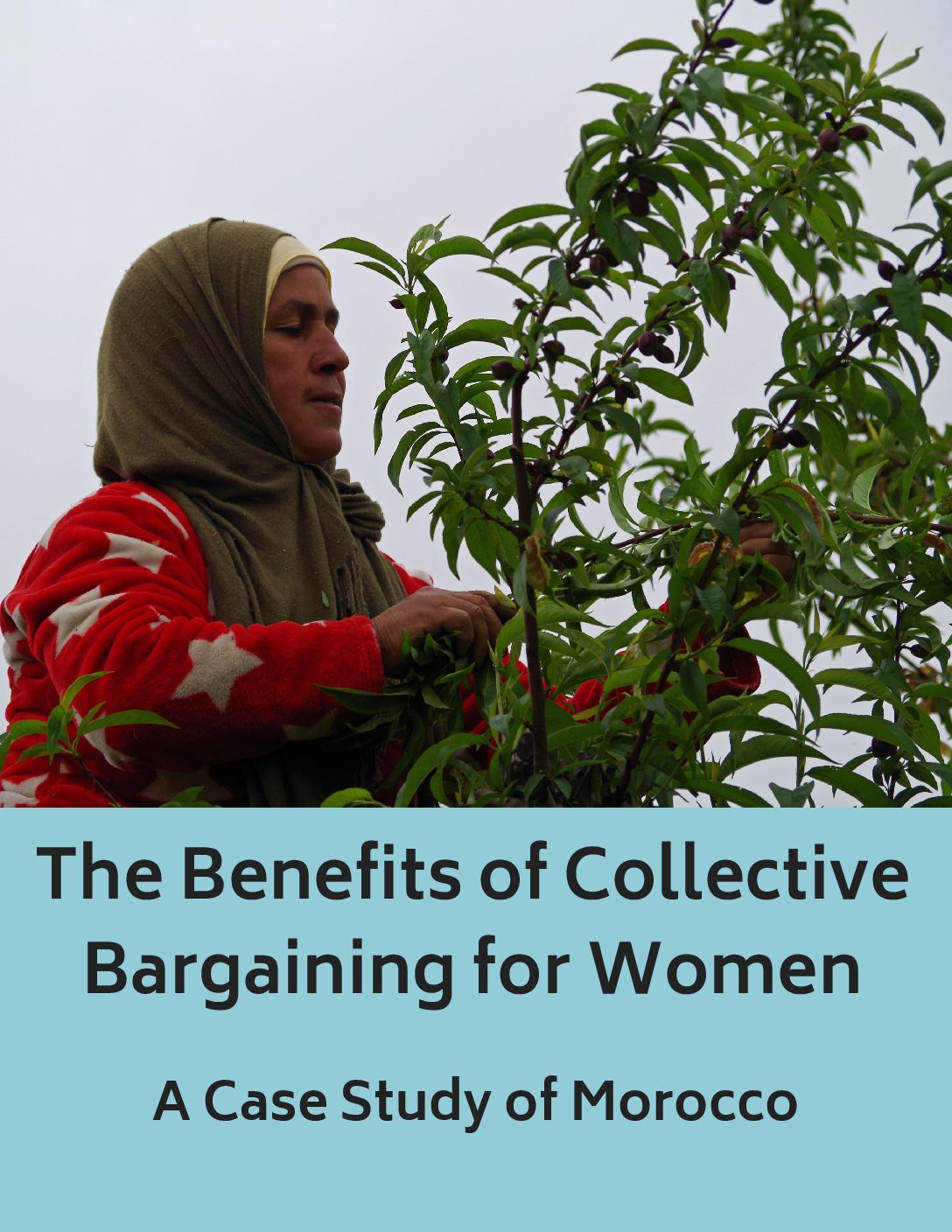
The Benefits of Collective Bargaining for Women: A Case Study of Morocco
This study by the International Center for Research on Women (ICRW) and Solidarity Center finds women workers in Morocco’s fertile Meknes region are making big gains in gender equality on the job through their union, the Confédération Démocratique du Travail (CDT)....
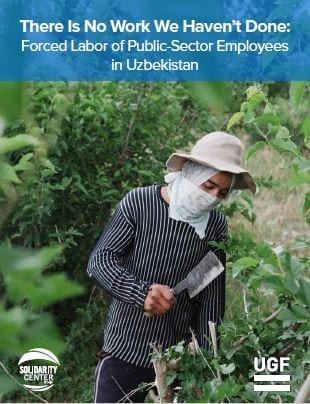
There Is No Work We Haven’t Done: Forced Labor of Public-Sector Employees in Uzbekistan
Although the government of Uzbekistan has made progress on ending child and adult forced labor in the cotton fields after more than a decade of international pressure, a new report finds that forced labor remains rampant in other arenas of Uzbek life, affecting...
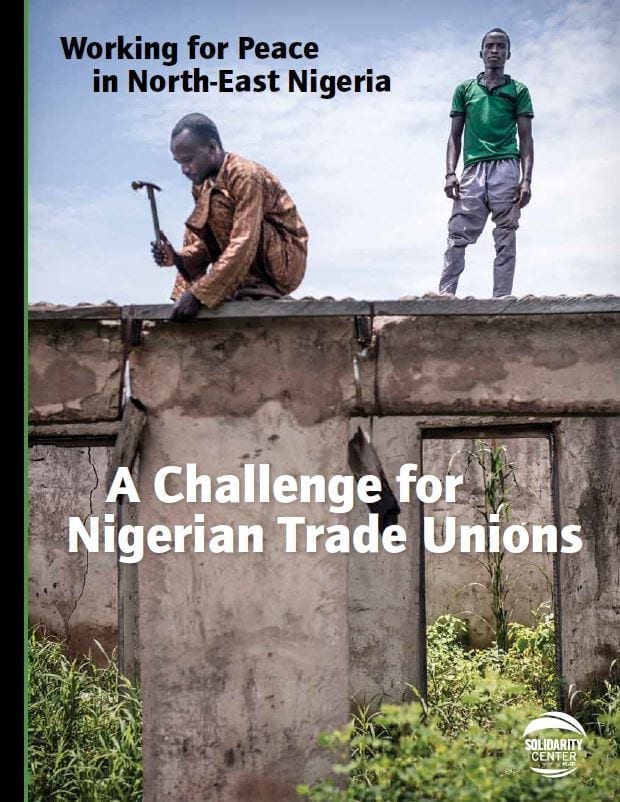
Working for Peace in North-East Nigeria
This report analyzes the impact of violence in North-East Nigeria, where teachers, health care professionals and civil servants were the victimized by insurgents targeting symbols of state authority. The report includes recommendations for government and worker...
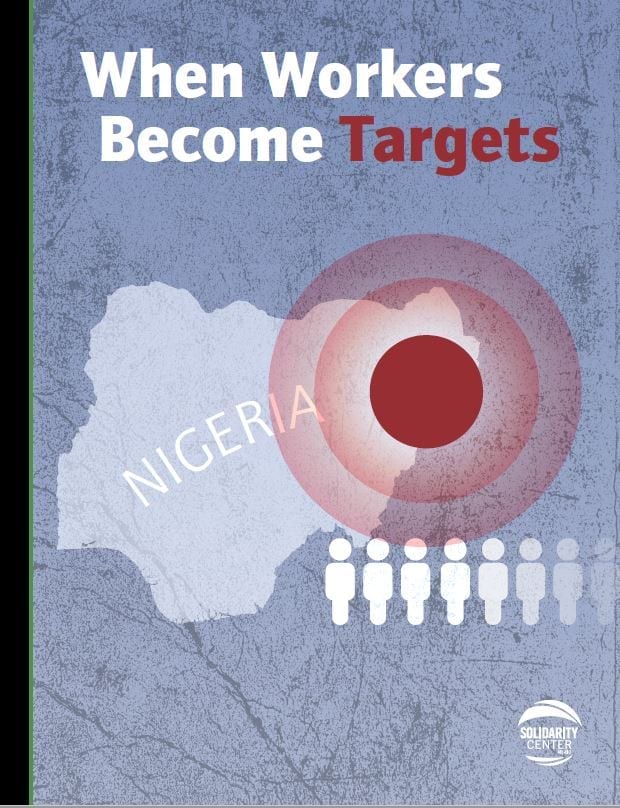
When Workers Become Targets: Nigeria
"When Workers Become Targets: Nigeria," is a collection of real-life experiences of workers, particularly women, during the Boko Haram insurgency in Borno State, North-East Nigeria, and how unions whose members suffered the greatest toll played a crucial role in the...
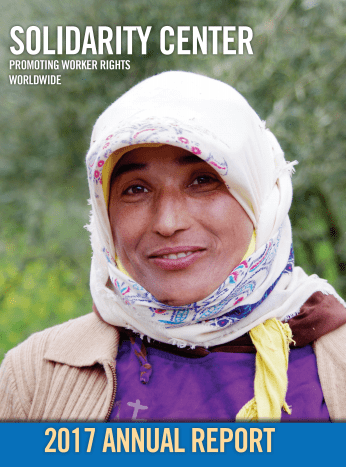
Annual Report 2017
Download here.



